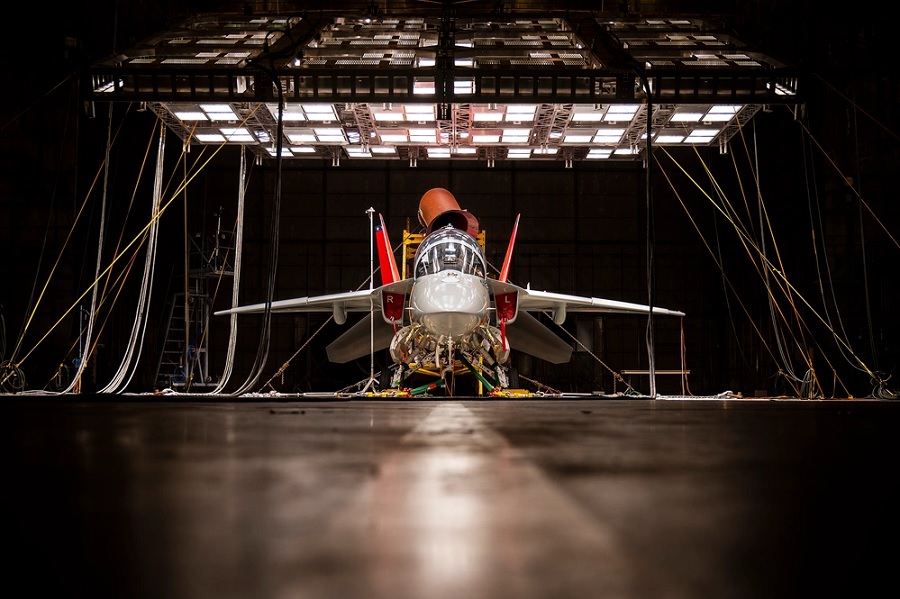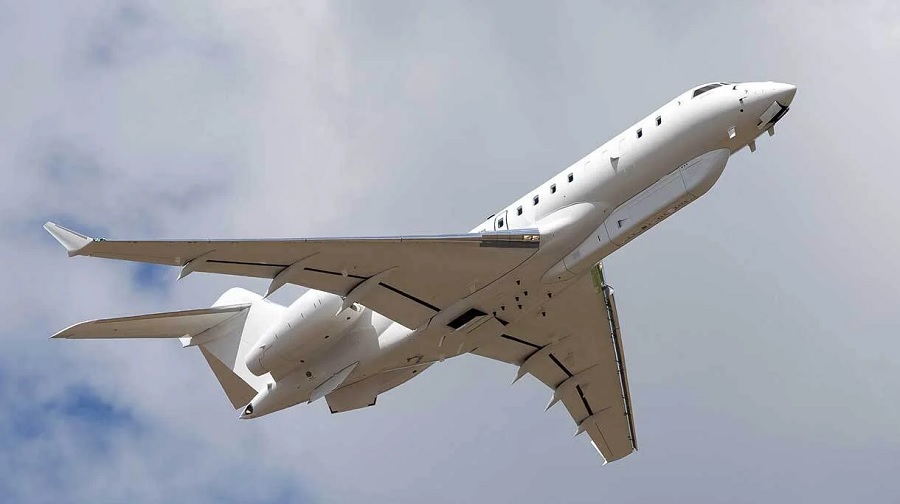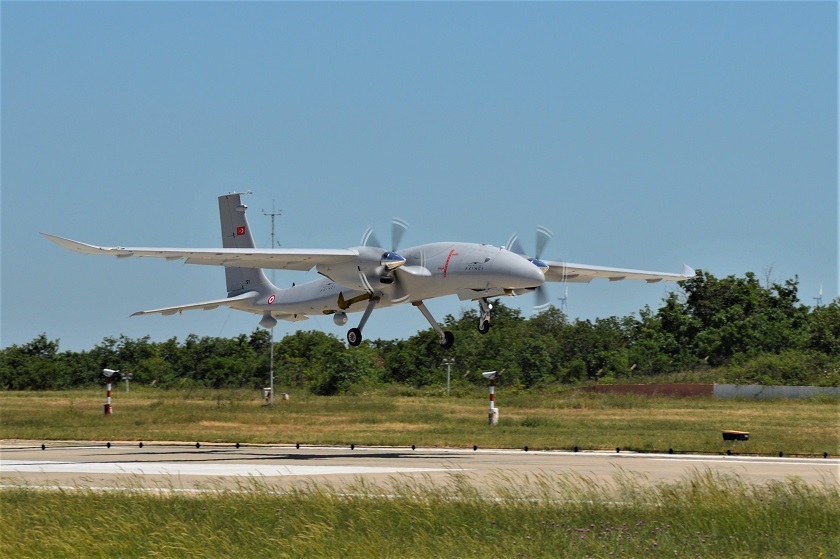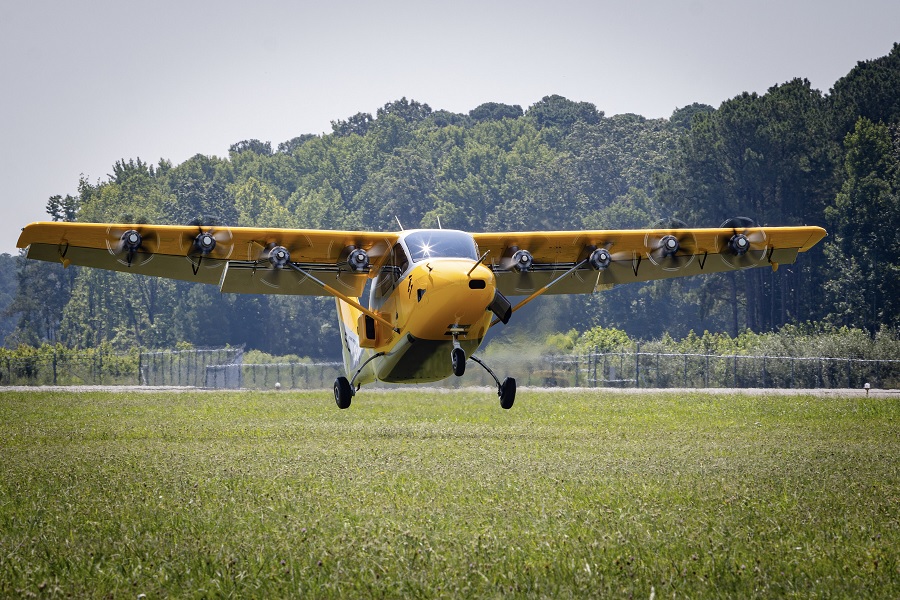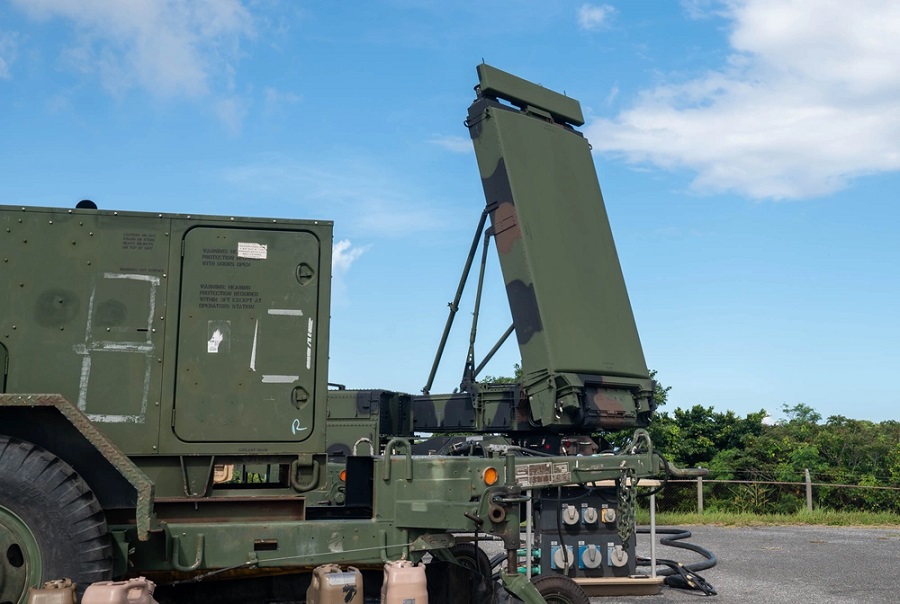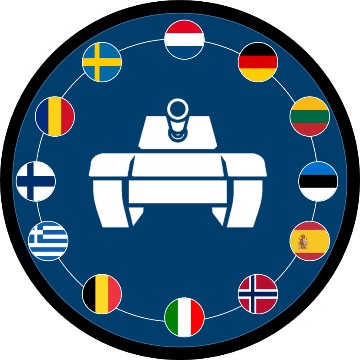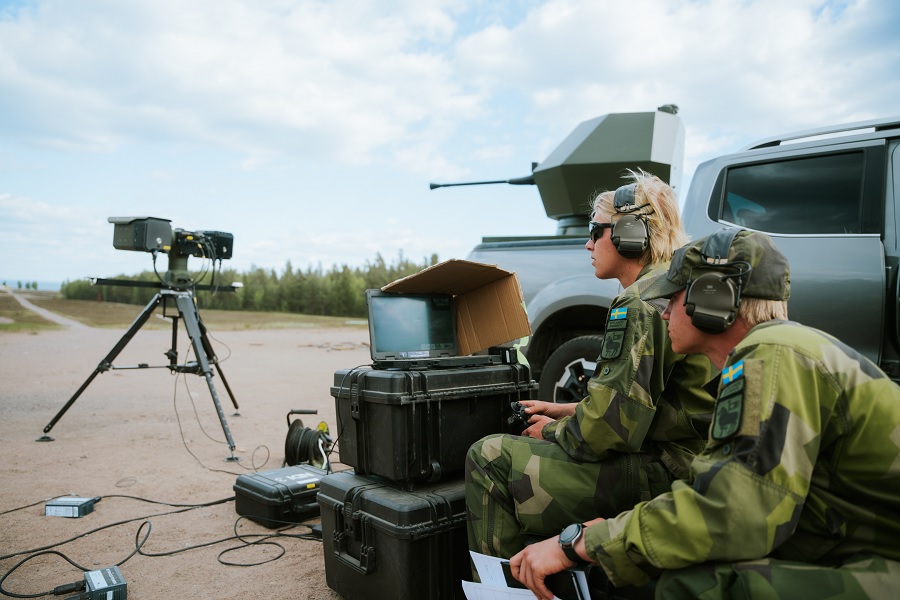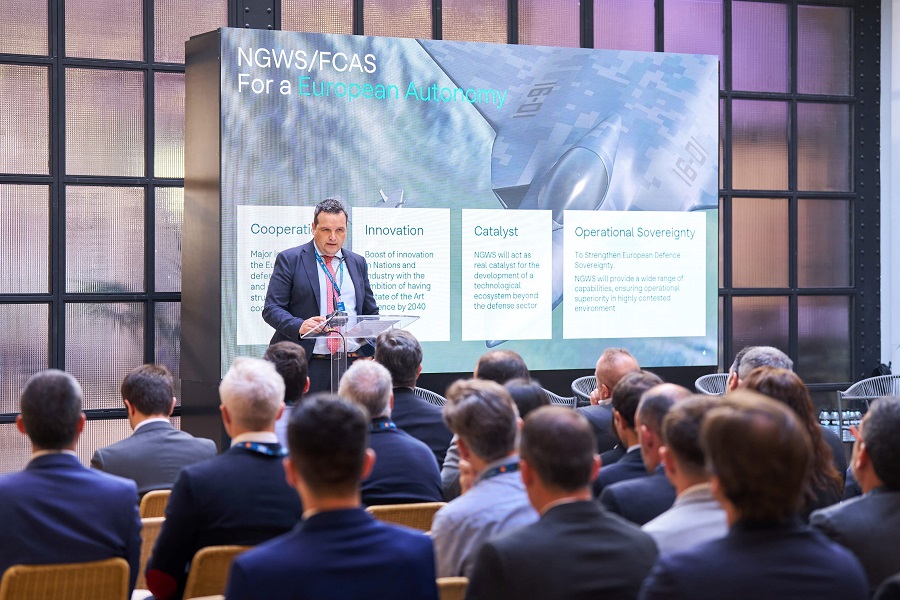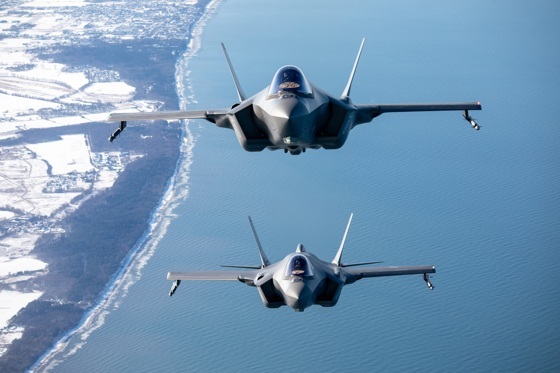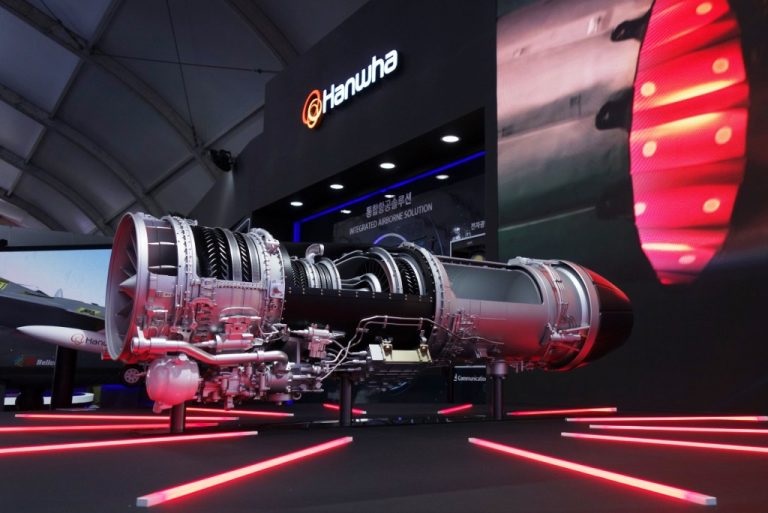In one January week, three Field Army units were challenged by the deep snow and sub-zero temperatures of the Nordic country. Average day temperatures routinely dip to minus 30 degrees Celsius and during the first month of the year plunged to the lowest temperature in a generation at -43.5 degrees Celsius.
The relationship with Sweden is distinctively warmer with both countries part of a ten nation alliance known as the Joint Expeditionary Force (JEF) which can act as a rapid reaction force in times of crisis, both independently and to complement NATO if required.
Training together continuously, demonstrating capability and commitment to the JEF partners is important for international military cooperation in promoting security, within the three JEF core areas: the High North, the North Atlantic and the Baltic Sea region.
Visiting the troops, Commander Martin Moore, Defence Attaché, Sweden, said: “The United Kingdom and the Kingdom of Sweden are close partners. Last October in Gotland the Prime Minister met at the JEF Leader’s Summit, and we signed a strategic partnership between our two nations.
“The British Army has close and strong links, and our army-to-army relationship is both fruitful and worth-while. And what we’ve seen with the recent deployment of The Household Cavalry Regiment, 3rd Battalion The Ranger Regiment and the training to the Royal School of Artillery to support Archer, is this demonstrates the depth of our relationship both in operators and capability areas.”
Royal School of Artillery (RSA)
Following the granting-in-kind of 32 AS90 self-propelled guns to Ukraine, Archer was procured from the Swedish Government as an interim solution for the gap created in the Army’s 155mm Close Support capability.
The purchase included logistic support containers, an initial ammunition suite, support, and training package.
The Swedish Artillery School based in Boden provided a 14-week, T3 ‘train the trainer’ package.
Förvaltare (Sergeant Major) Robert Anderson, Head of T3 programme, Swedish Artillery School, said: “RSA and Swedish Artillery School have had a relationship for many years but mostly in the form that you have supported us and our students, with them learning English and training on the artillery systems. Therefore, it feels really good that we can actually give something back to the UK, and now train the British Army on the Archer gun.”
Household Cavalry Regiment (HCR)
Ajax, the British Army’s new generation of armoured fighting vehicle’s capability was tested in the wintry conditions of the subarctic.
Service personnel from the HCR based in Wiltshire successfully illustrated the Ajax platforms capacity to operate in extreme cold weather and fire on the move with accuracy.
The soldiers from the armoured reconnaissance regiment marked a significant milestone during the overseas trials, becoming the first Field Army crew to fire the Ajax at home or abroad.
At the cold weather trials in Tåme, Warrant Officer Class Two Paul Martin, Defence Equipment & Support, Ajax Team, said: “The trials wouldn’t have been possible without the collaboration of military, civil servants and contractors from UK and Sweden, such as the Försvarets materialverk, a Swedish governmental agency who provided the range we operated on and assisted us with safety.”
3rd Battalion The Ranger Regiment (3 RANGER)
D Company, 3 RANGER have been conducting extreme cold weather training in Arvidsjaur, hosted by the 193. Jägarbataljonen, a unit that specialises in arctic warfare.
Part of the British Army Special Operations Brigade they have been testing their skills on Pre-Deployment Training to ensure they are ready to survive, move and operate in extreme cold weather environments, such as the Arctic Circle.
The Infantry soldiers were taught the principles of survival which included camouflage and concealment, keeping warm, cold weather injuries, avalanche awareness, crossing ice and tactical considerations.
In Sweden’s unforgiving conditions, Officer Commanding D Company, Major Joshua Heugh said: “We are here in Sweden working with the Norland Dragoon Regiment, a unit that we have a newfound relationship with, and this is a great example of where we can learn a huge amount from our partners and demonstrate our ability to be interoperable against similar threats.”
Commander Martin Moore concluded: “To those who have deployed I’ve seen positivity and professionalism, and a real win to deliver the effect that we require. They have worked really close with our Swedish partners and it has only deepened and strengthened our relationship, and I can only thank them.”
Source: British Army.

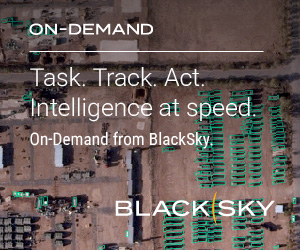


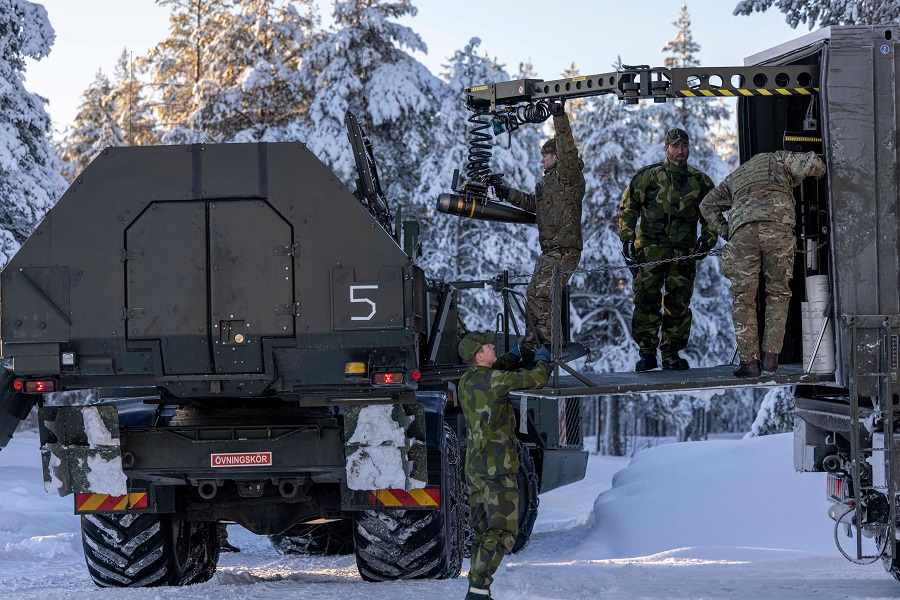


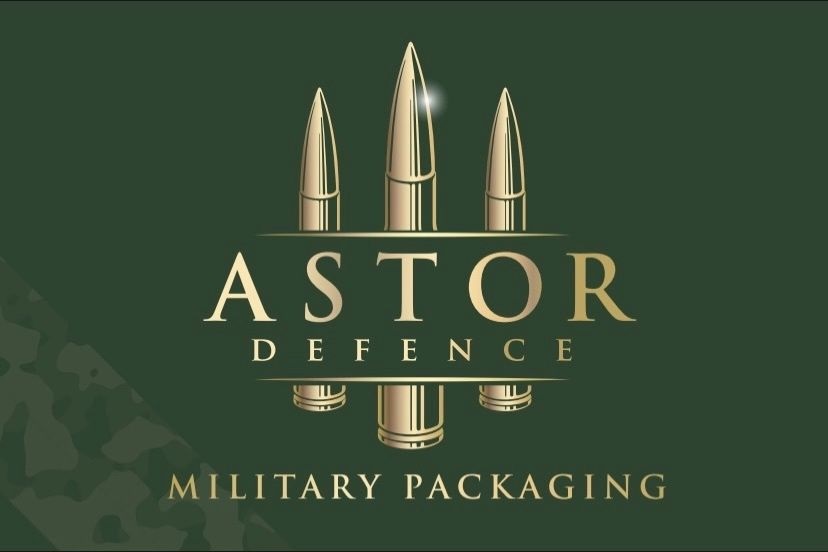
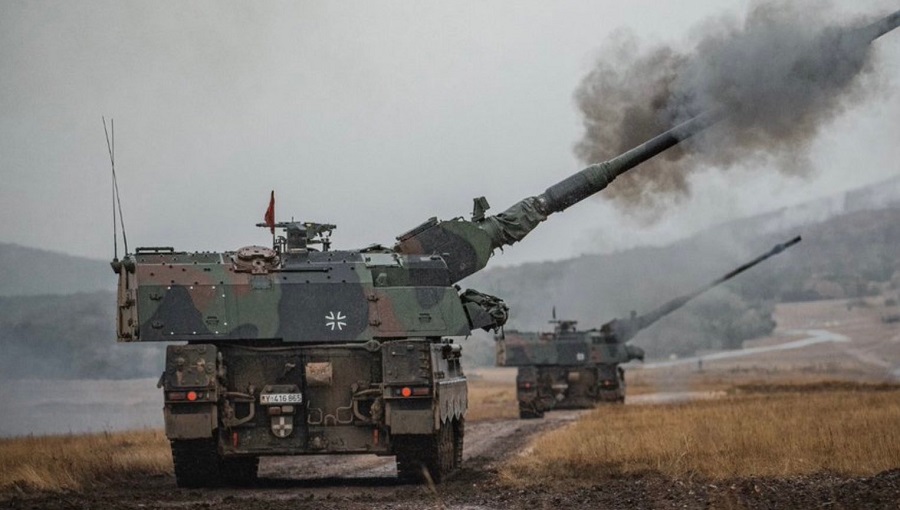
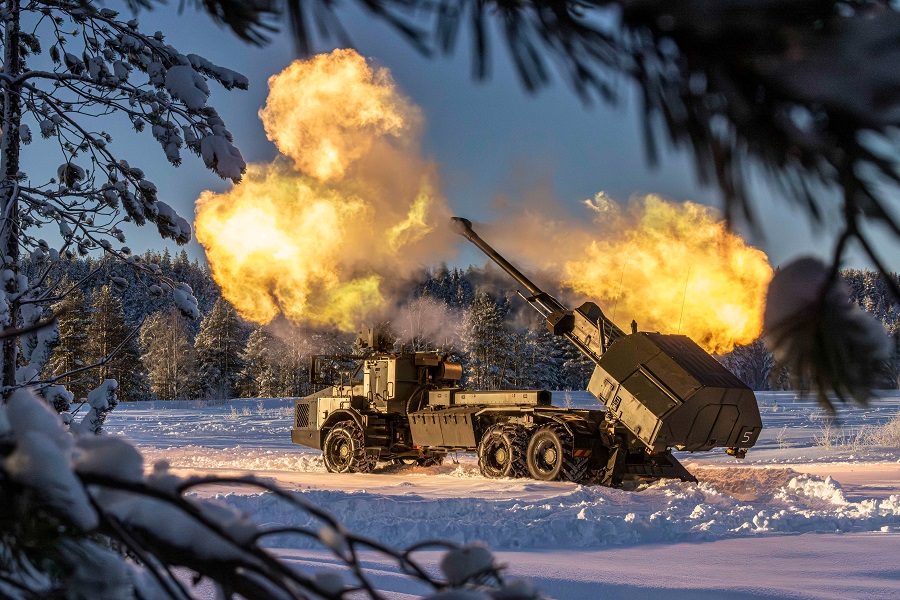


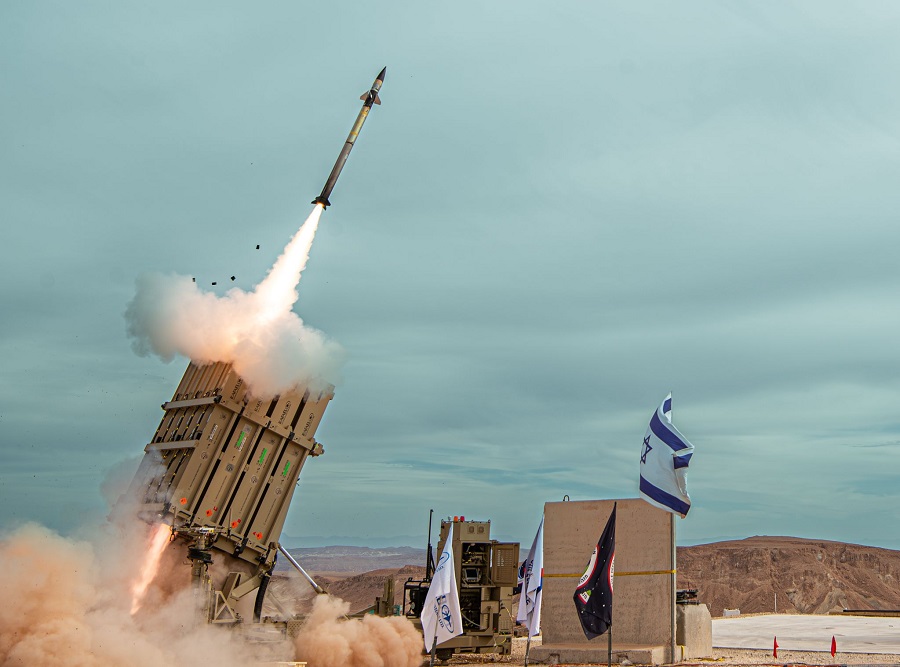
![MightyFly demonstrates autonomous cargo flight capabilities to U.S. Air Force [VIDEO]](https://defence-industry.eu/wp-content/uploads/2025/07/MightyFly-demonstrates-autonomous-cargo-flight-capabilities-to-U.S.-Air-Force-VIDEO.jpg)
